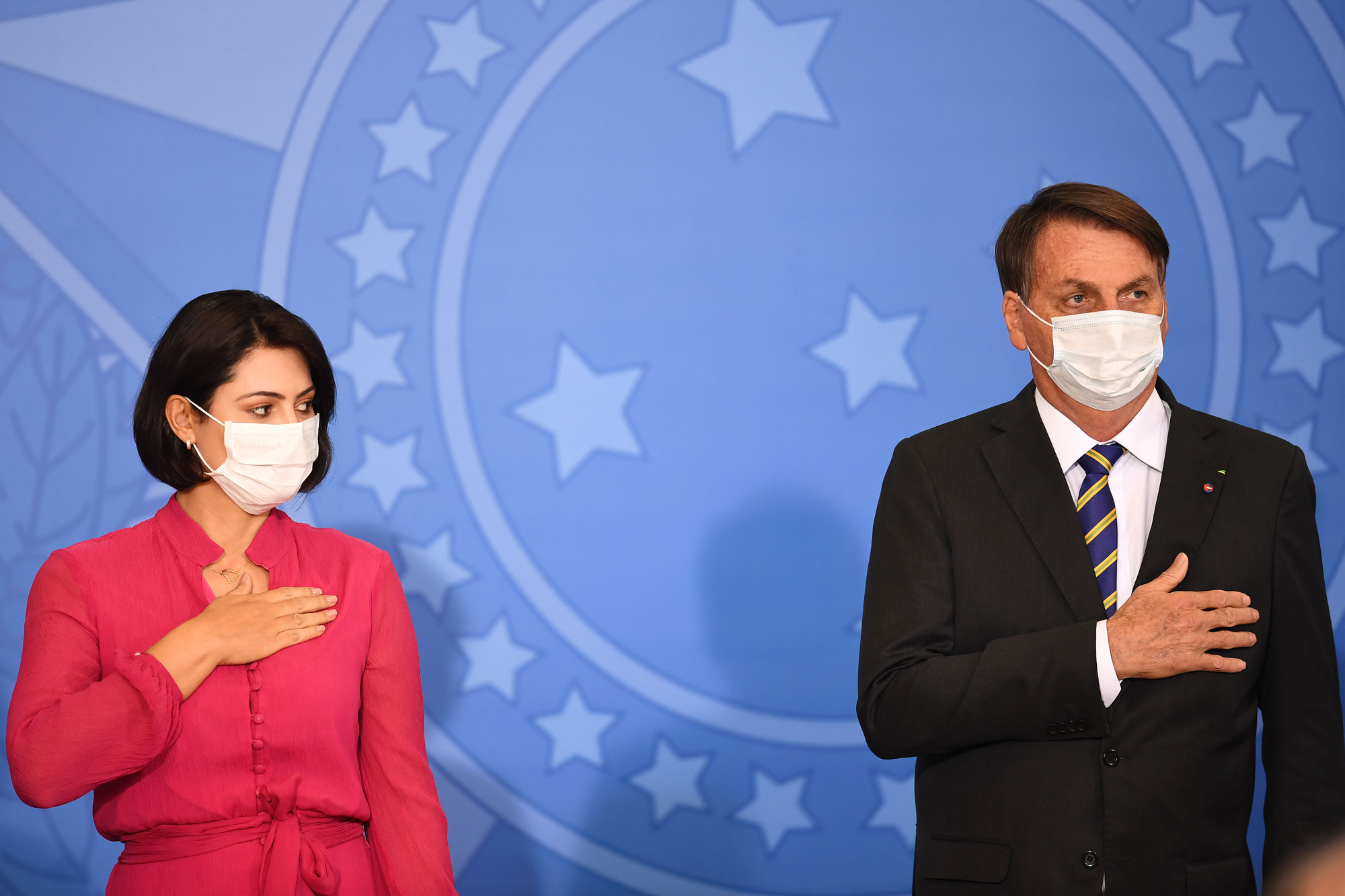
The European Union has revised the list of safe travel countries to 11 non-member states after removing Algeria from the list, according to a European Council statement released on Thursday.
The EU will gradually lift travel restrictions at the external borders for residents of Australia, Canada, Georgia, Japan, Morocco, New Zealand, Rwanda, South Korea, Thailand, Tunisia and Uruguay, according to the statement.
The United States remains on the list of restricted nations, and China is still pending approval based on reciprocity.
“The criteria for determining the third countries for which the current travel restriction should be lifted cover in particular the epidemiological situation and containment measures, including physical distancing, as well as economic and social considerations. They are applied cumulatively.” said the statement. “Reciprocity must also be taken into account regularly and on a case-by-case basis.”
The statement added that to be considered safe for travel, non-EU nations must have coronavirus case numbers per 100,000 inhabitants that are close to or below the EU average in the past 14 days, as well as a trend stable or decreasing of new cases during that period compared to the previous 14 days.
The EU is also taking into account the “overall COVID-19 response” from other nations, including whether they have implemented reliable coronavirus testing, surveillance, contact tracing, containment, treatment and reporting.
In nations where travel restrictions continue to apply, there are exemptions for EU citizens, long-term EU residents, families of EU residents and citizens, and “travelers with essential function or need” .
The European Council said it will continue to regularly review the list of safe travel countries, adding that “travel restrictions may be fully or partially lifted or reintroduced for a specific third country that is already on the list according to changes in some of conditions and, consequently, in the assessment of the epidemiological situation. If the situation in a listed third country worsens rapidly, rapid decision-making should be applied. “
However, it is up to the EU member states to decide exactly how to implement any changes in border policy.
.